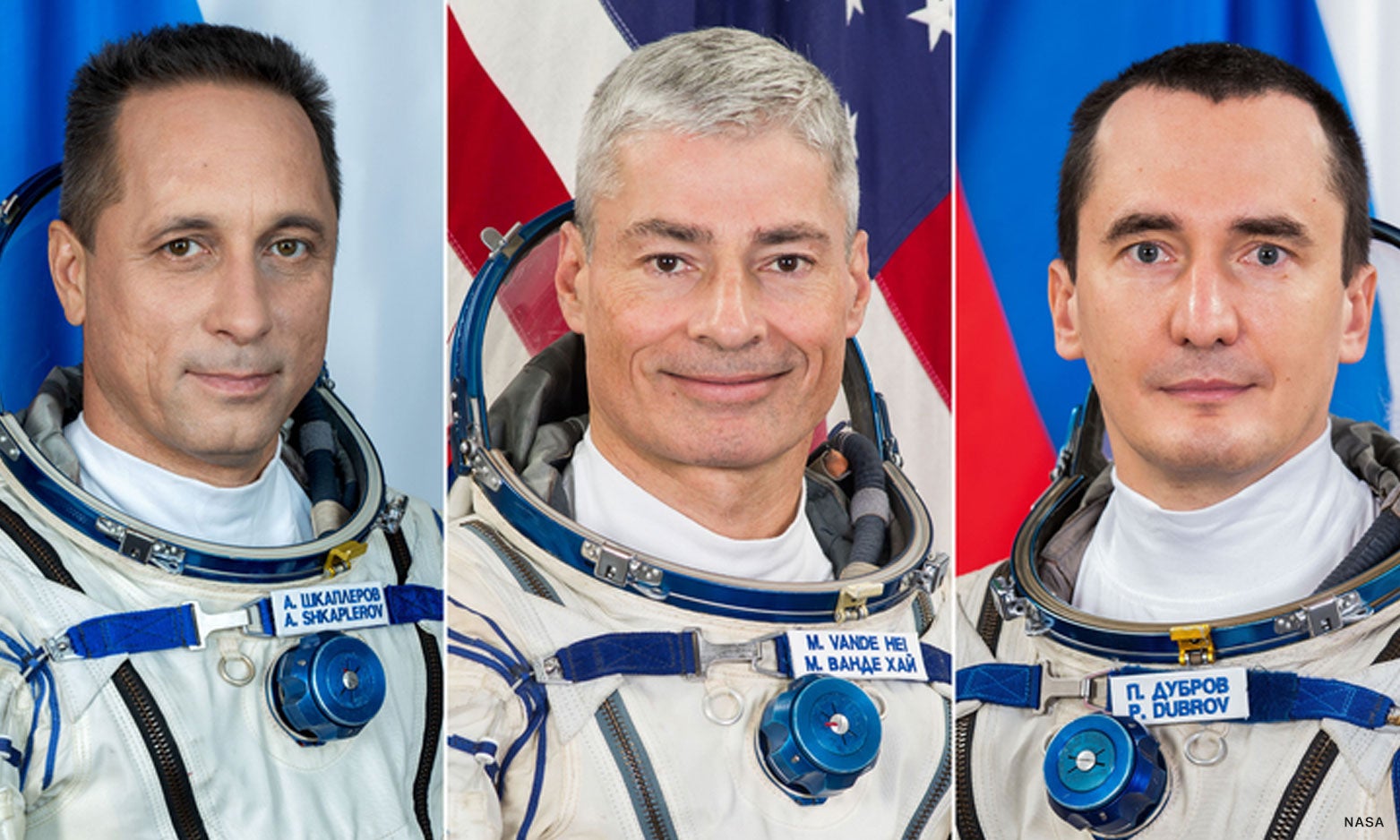After almost a year onboard the International Space Station, NASA astronaut Mark Vande Hei returned to Earth on March 30. (ISS). Under normal conditions, his return journey would have been deemed a regular occasion, but that was not the case this time. Mark’s return to the solid ground comes at a time when the United States’ relationship with Russia is at an all-time low. In fact, the conflict in Ukraine nearly totally eclipsed Mark’s 355-day stay on the International Space Station, which established a new US record for a single spaceflight length.
The previous American record was set in 2016 by astronaut Scott Kelly, who spent 340 days on the International Space Station. Mark was accompanied by Russian cosmonaut flight engineer Pyotr Dubrov, who had spent the same length of time in orbit as Mark. Mark made about 5,680 orbits of the Earth during his 355-day tenure aboard the ISS, traversing a whopping 150 million miles in the process, according to NASA. This is the same as going to the moon 312 times. On the ISS, the astronaut was charged with a variety of scientific pursuits, ranging from plant study to physical sciences research.
What happened to Mark and how did he get there?
Mark returned to Earth on a Russian Soyuz spacecraft that landed in Kazakhstan, a former Soviet republic where Russia hosts a cosmodrome. Roscosmos cosmonauts Anton Shkaplerov and Pyotr Dubrov accompanied him on his return journey. The return journey began at 3:21 a.m. EDT, and the three landed safely about four hours later in the isolated village of Dzhezkazgan. Thankfully, there were no signals of geopolitical tensions during the whole series of events, which seemed unthinkable only weeks earlier.
The crew will be subjected to mandatory post-landing medical exams before being taken to Karaganda, Kazakhstan, aboard Russian helicopters. Following that, the three will split up, with Mark taking a NASA jet to return to the United States after a stopover in Cologne, Germany.
Missions in the future are under jeopardy
Since Mark’s arrival on the ISS in April 2021, a lot has changed. While ties between the United States and Russia were not exactly cordial at the time, they hadn’t yet reached the stage where the two nations contemplated discontinuing their current space cooperation.
In mid-February, things took a turn for the worse as Russia launched a military campaign against Ukraine. As a consequence of the maneuver and the ensuing disagreement, diplomatic ties between the two nations deteriorated, which was anticipated to have a detrimental impact on NASA’s partnership with Roscosmos.
Concerns about the ISS’s future arose after Roscosmos chief General Dmitry Rogozin issued veiled threats against the United States on Twitter, reminding everyone that Russia controls the thrusters that keep the ISS in orbit, possibly implying that the country could cause the ISS to crash land on Earth at any time.
Furthermore, with Mark’s safe return reliant on the Russian-operated Soyuz spacecraft, there were suspicions that the Russian government might use him as a negotiating chip. While all of this may seem absurd today, a little over a month ago, nothing was out of the question.
While Mark’s safe return to Earth seems to be a positive step forward, a shadow still hangs over future missions involving both Russian and American astronauts. Anna Kikina, a Russian astronaut, will be a member of SpaceX’s Crew-5 mission in September 2022. Similarly, NASA astronaut Frank Rubio was scheduled to go to the International Space Station on the Soyuz spacecraft later this year. It’s unclear if these tasks are still on the table.
Source : Slahgear

